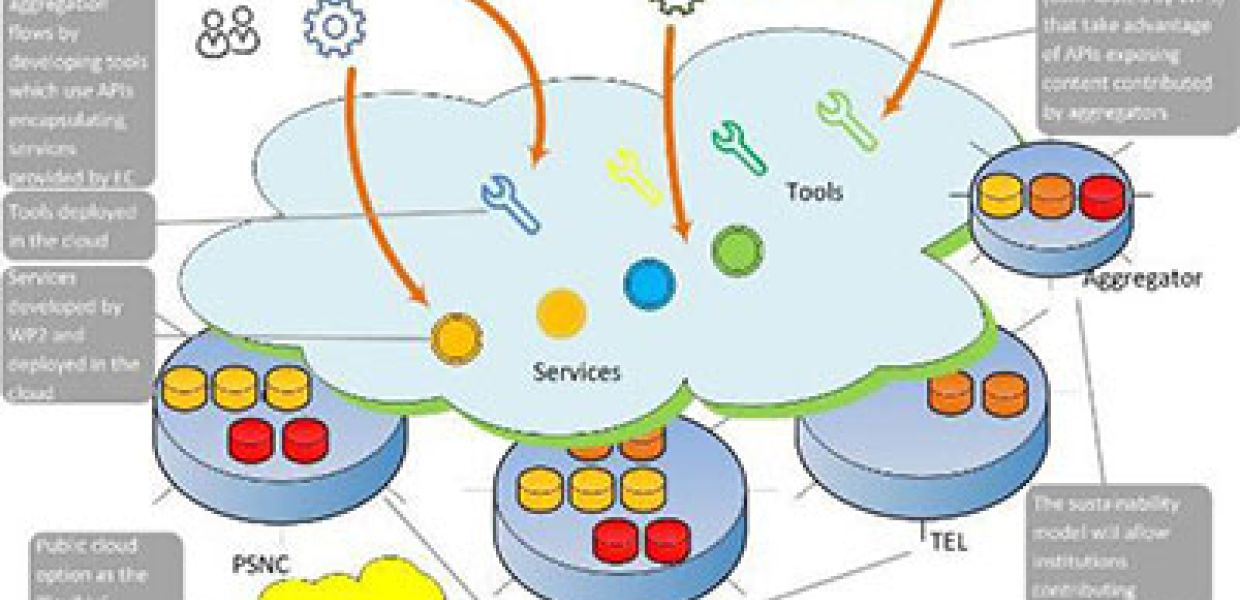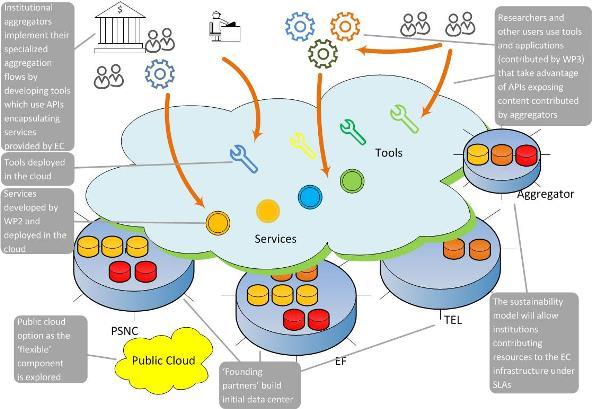Personas, Scenarios and Use Cases

By Helene Hahn and Anja Jentzsch, Open Knowledge Foundation Deutschland
In project month 6, Work Package 3 officially submitted one of its major deliverables, D3.1, the Personas, Scenarios and Use Cases.
Work Package 3 aims to develop services and tools that leverage Europeana content over the Europeana Cloud to be used by researchers. This deliverable focusses on the first step before the development of the tools, which is to understand and analyse the user needs by developing personas, scenarios and use cases.
A persona is a description of a representative user, a pretend person who represents a type of or a group of users. Based on the personas and their daily work life, scenarios can be determined. Scenarios describe a persona’s typical workflow.
This work has been undertaken in close alignment with the tasks in Work Package 1 and in collaboration with the DM2E project and more specifically the Wittgenstein archives at the University of Bergen and with the Axiom philosophy group at the VU University Amsterdam.
For our target community of humanities researchers who work with Europeana content, three core problems have been identified through the personas and scenarios:
- problems with navigating and identifying relevant (digital) content and problems with building corpora;
- a lack of user-friendly tools for conducting fine-grained textual research;
- and a lack of appropriate tools and infrastructure that allow members of research groups to work collaboratively.
Having the scenarios and personas at hand, we evaluated tools to support their workflow. Thus we were able to compile a catalogue of tools that should be adjusted to and integrated in the Europeana Research Platform.
One of our personas is Hein, a post-doctoral researcher in the Axiom philosophy group at the VU University Amsterdam working on the history of philosophy, the history of biology and their interplay. In particular, he is interested in 18th century philosophical ideals of science and their influence on 18th century life sciences.
Hein participates in a group of post-doctoral researchers and academics interested in the history and philosophy of logic, semantics and axiomatics. This group explores ideas coming from philosophers like Bolzano and Tarski against classical models of science.
A typical workflow for these tools is:
Hein (or any humanities researcher) wants to find more about ‘Bolzano and Tarski’, and uses the ARIADNE Finder to get content from Europeana or other sources to be studied. After that, he tries to visualise them on a timeline or uses an interactive map on TimeMapper to further filter the content and get a better overview of the different resources found on Europeana. After selecting the most interesting resources, they can be annotated using Annotator. Finally, all the different actions taken in this process (search, visualise, explore, annotate, download) are captured and presented via Activity Streams.
Deliverable D3.1 presents a variety of different existing tools that can be combined, enhanced, and integrated to cover the needs of researchers. In addition, it introduces the process to be followed in order to connect the scenarios with the tools’ development.
The figure below depicts the integration of services and tools inside the Europeana Cloud system.

In the next phase, Work Package 3 will address the core problems by integrating and adapting search, visualisation, annotation, and awareness tools to the future Europeana Research Platform.
